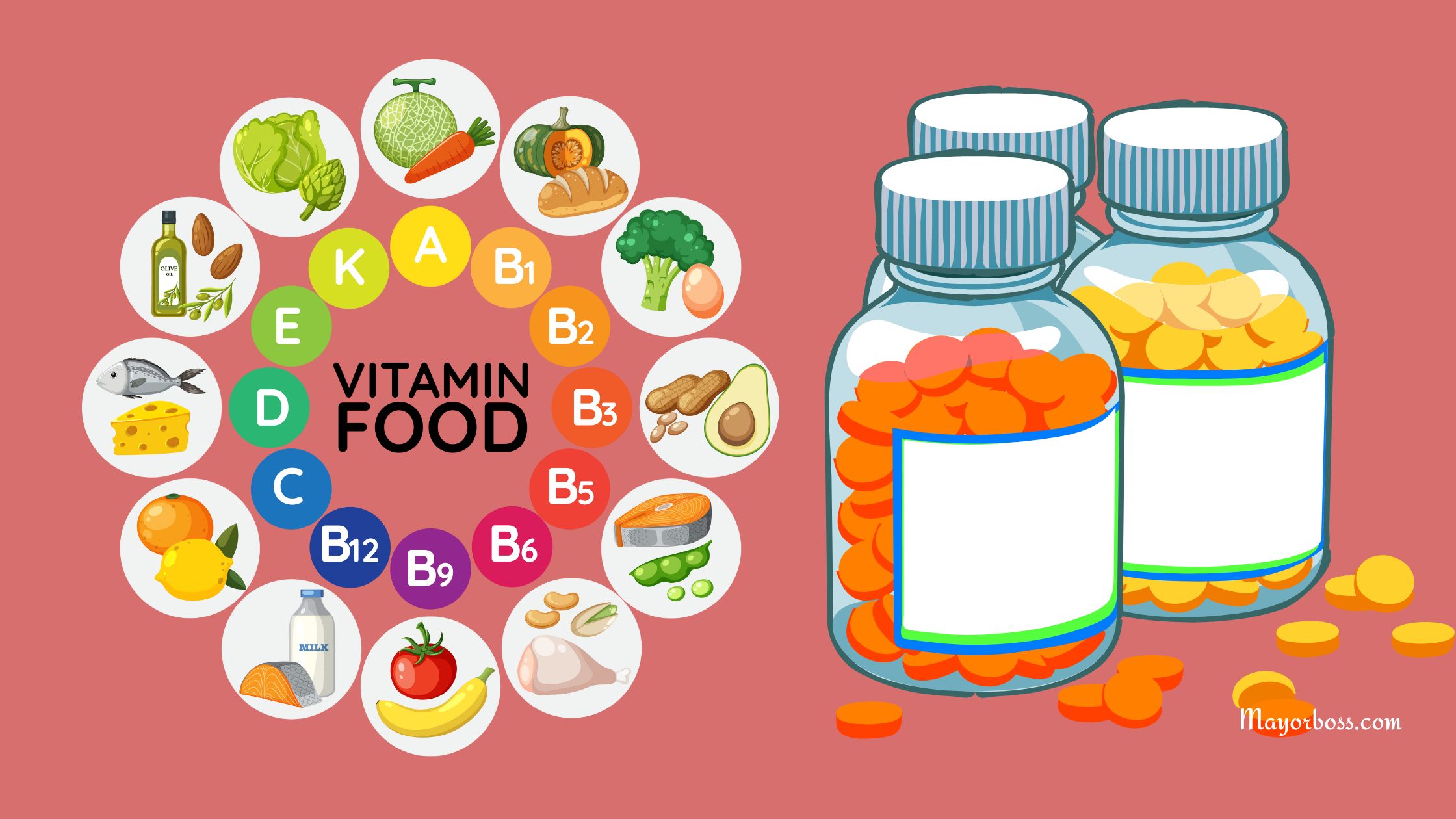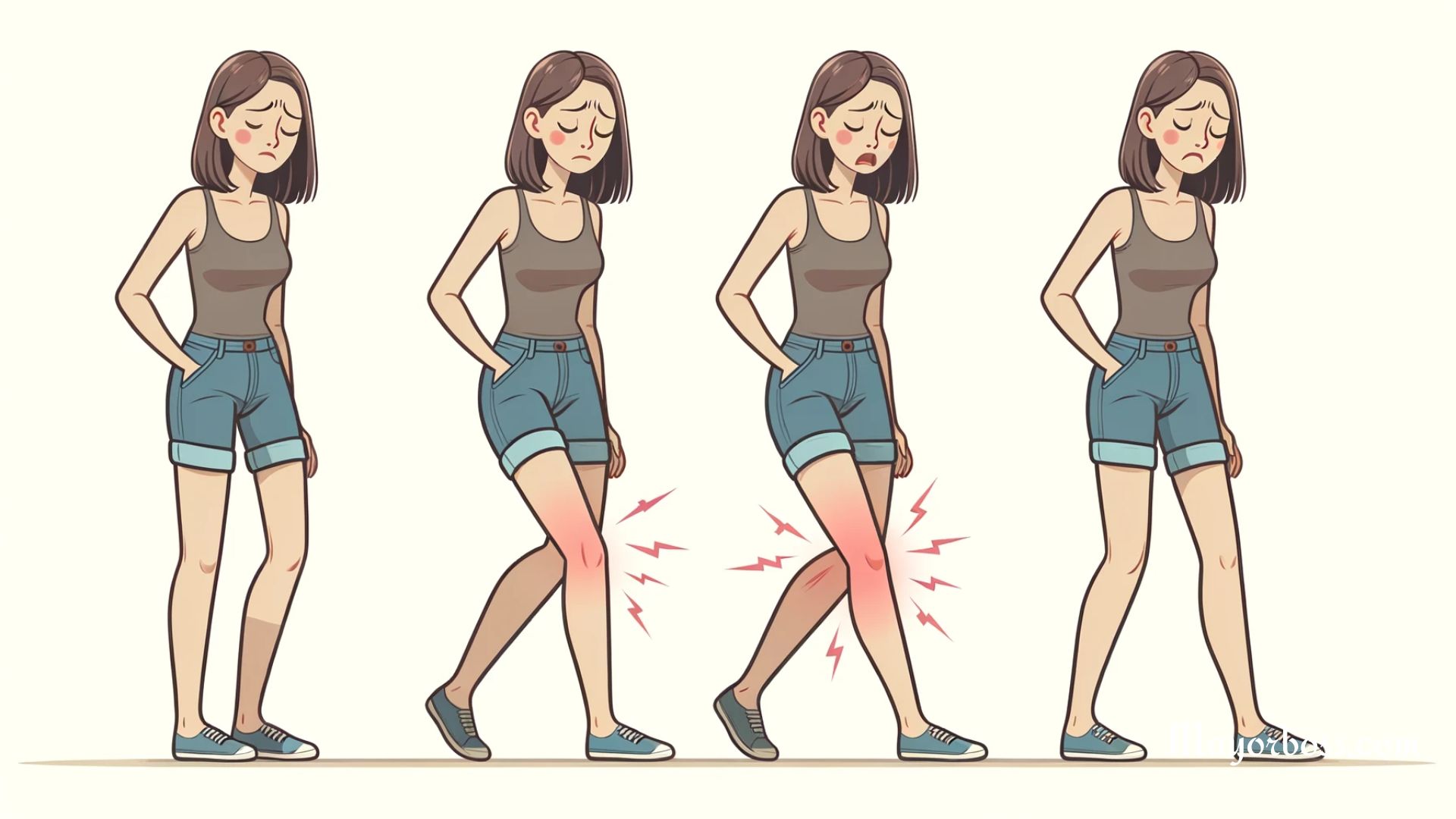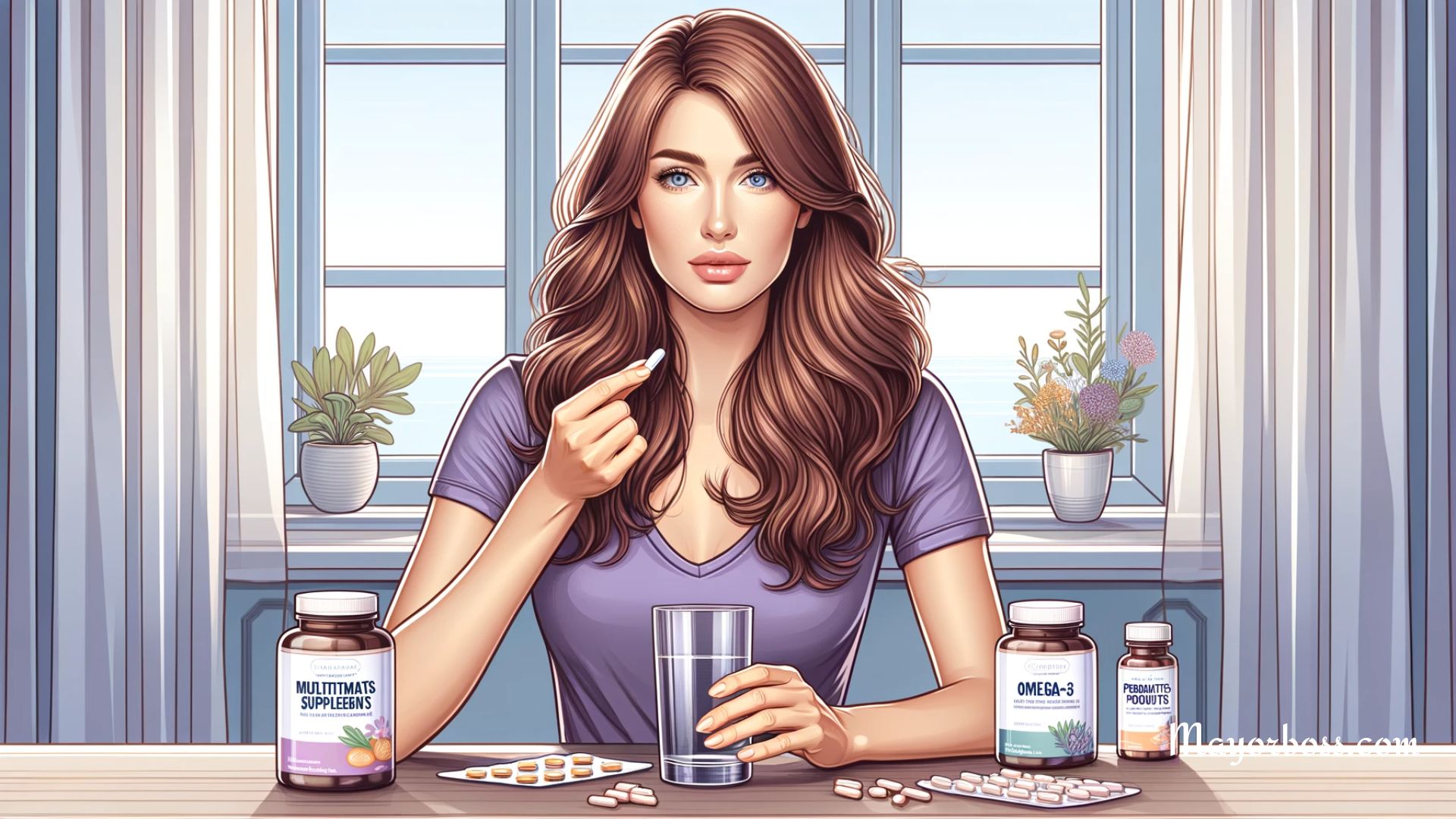What Are Vitamins, and How Do They Work?
Vitamins are often called the building blocks of health. They mainly come from foods, and they are needed for growing, developing, and keeping our bodies working well. There are 13 main vitamins that our bodies need, and each one has its own special job. You’ve probably heard of them: vitamin A, vitamin B (which includes several different types, like B1, B2, B6, and B12), vitamin C, vitamin D, vitamin E, and vitamin K. Each of these vitamins has a different role.
For example, vitamin C helps your immune system and makes collagen, which is a protein that keeps your skin, bones, and cartilage healthy. Vitamin A is important for good vision, especially when it’s dark. Even though we only need small amounts of vitamins, they are super important for keeping our bodies running well.

What Do Vitamins Do in the Body?
You might wonder what vitamins actually do in your body. They help in a lot of ways to keep us healthy. Vitamins help change the food we eat into energy, make red blood cells, keep our bones and teeth strong, and help our blood clot when we get cuts or injuries.
Take vitamin D, for example It helps control calcium and phosphorus levels in the body, which is really important for strong bones. Without enough vitamin D, bones can become weak. Sunlight helps your body make vitamin D, but you can also get it from foods like dairy products and fish.
Another example is vitamin B12. It helps keep nerve cells healthy, makes DNA, and helps make red blood cells. If you don’t get enough vitamin B12, you might feel tired or weak. That’s why it’s so important to get enough vitamins from your diet or supplements.
How Do We Get Vitamins?
Our bodies can’t make all the vitamins we need, so we have to get them from other sources. This usually means food, but sometimes supplements are needed. Foods like fruits, vegetables, lean meats, dairy, and whole grains are all great sources of vitamins. For example, oranges are high in vitamin C, and dairy products are often fortified with vitamin D.
Sometimes, doctors recommend supplements to make sure people get enough vitamins, especially if they have certain health conditions, are older, or can’t eat certain foods. However, you should always check with a doctor before taking any supplements. Taking too many vitamins, like vitamins A, D, E, and K, can be harmful because they can build up in the body.
Fat-Soluble vs. Water-Soluble Vitamins
Vitamins can be grouped into two types: fat-soluble and water-soluble.
Fat-soluble vitamins are vitamins A, D, E, and K. These vitamins dissolve in fat and can be stored in your body’s fatty tissues and liver. Because they are stored, you don’t need to eat them every day, but too much can be harmful. For example, too much vitamin A can damage your liver.
Water-soluble vitamins include vitamin C and all the B vitamins. These vitamins dissolve in water and aren’t stored in the body. This means we need to get them regularly from our diet. Since they leave the body in urine, it’s hard to get too much of them, but we need a steady supply to stay healthy.
Why Getting Enough Vitamins Is Important
If we don’t get enough vitamins, our bodies can have problems. For example, not getting enough vitamin C can cause scurvy, which makes you feel tired and causes swollen gums and bruising. Not enough vitamin D can cause rickets in kids, which makes their bones soft and bendable.
Other signs that you might not be getting enough vitamins include feeling tired, having skin problems, weak muscles, or trouble focusing. Since these symptoms can be caused by other things, it’s important to eat a balanced diet with lots of different vitamins. A physician can help you figure out if you need more vitamins or if you need a supplement.
How Vitamins Work with Minerals
It’s not just vitamins that we need—minerals are also important. Vitamins and minerals often work together. For example, vitamin D helps the body absorb calcium, which keeps bones strong. Vitamin C helps the body absorb iron from plant foods, which is important for people who don’t eat meat.
Minerals like magnesium and zinc are also very important and work together with vitamins to keep our bodies healthy. For instance, magnesium helps activate vitamin D so that it can do its job with calcium. Vitamins and minerals work best when you get them from a variety of healthy foods.
The Bottom Line
In short, vitamins are like the oil that keeps a car’s engine running smoothly. Without them, our bodies can start to have problems. Vitamins help us grow, protect our vision, support our immune system, and keep our bones strong. They are important for almost every part of our health.
The good news is that most individuals can get the vitamins they need by eating a balanced diet with fruits, vegetables, lean proteins, and whole grains. But if you think you’re not getting enough or you have symptoms that could mean you’re missing vitamins, talk to your doctor or a dietitian. Supplements can help fill in gaps, but they shouldn’t replace healthy eating.
Vitamins are your partners in keeping your body healthy and making sure you get enough of them is one of the easiest ways to take care of yourself.






